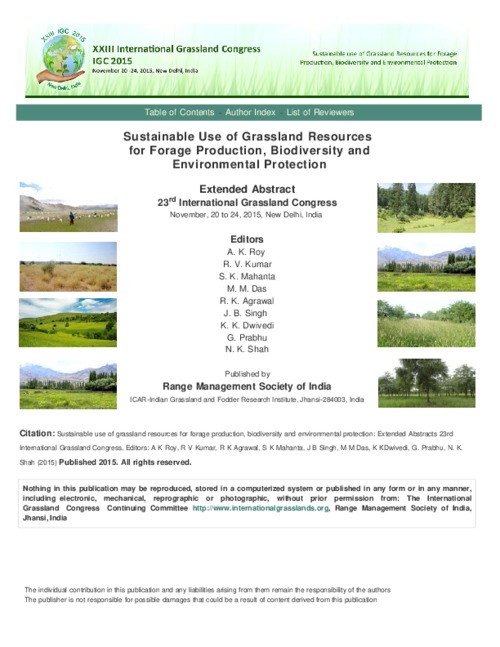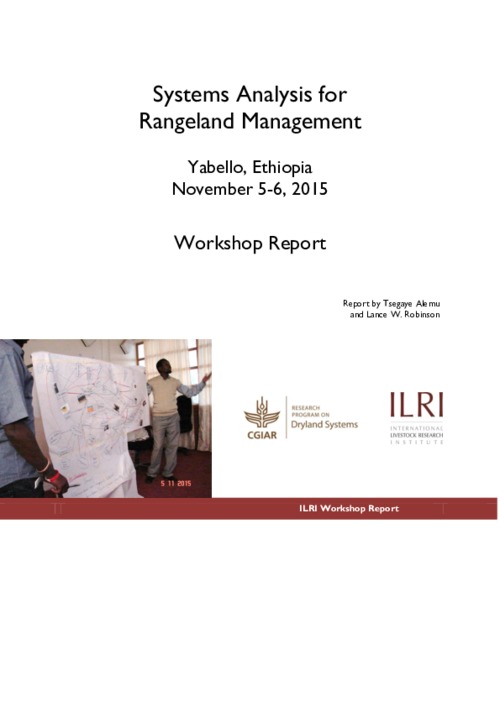Location
The International Center for Agricultural Research in the Dry Areas (ICARDA) was established in 1977. It is one of 15 such centers supported by the CGIAR. ICARDA’s founding mandate to promote agricultural development in the dry areas of developing countries remains highly relevant today.
ICARDA works with a tight focus on the problem-solving needs of resource-poor farmers, achieving this through the in-field delivery of its research outputs. Although global food production has increased by 20 per cent in the past decade, food insecurity and poverty remain widespread, while the natural resource base continues to decline.
International research centers such as ICARDA, which have helped drive previous improvements, continue to deliver new technologies to support sustainable growth in agriculture, and crucially, to work with a wide range of partners to accelerate the dissemination of these technologies.
ICARDA’s biggest strength is its staff – 600 highly skilled men and women from 32 countries. Our research and training activities cover crop improvement, water and land management, integrated crop-livestock-rangeland management, and climate change adaptation.
Other interventions include:
- Water harvesting - supplemental irrigation and water-saving irrigation techniques
- Conservation agriculture methods to reduce production costs and improve sustainability
- Diversification of production systems to high-value crops – horticulture, herbal and medicinal plants
- Integrated crop/rangeland/livestock production systems including non-traditional sources of livestock feed
- Empowerment of rural women – support and training for value-added products.
The ICARDA genebank holds over 135,000 accessions from over 110 countries: traditional varieties, improved germplasm, and a unique set of wild crop relatives. These include wheat, barley, oats and other cereals; food legumes such as faba bean, chickpea, lentil and field pea; forage crops, rangeland plants, and wild relatives of each of these species.
ICARDA’s research portfolio is part of a long-term strategic plan covering 2007 to 2016, focused on improving productivity, incomes and livelihoods among resource-poor households.
The strategy combines continuity with change – addressing current problems while expanding the focus to emerging challenges such as climate change and desertification.
We work closely with national agricultural research systems and government ministries. Over the years the Center has built a network of strong partnerships with national, regional and international institutions, universities, non-governmental organizations and ministries in the developing world and in industrialized countries with advanced research institutes.
THE ‘DRY AREAS’
Research and training activities cover the non-tropical dry areas globally, using West Asia, North Africa, Central Asia and the Caucasus as research platforms to develop, test, and scale-out new innovations and policy options.
Dry areas cover 41 per cent of the world’s land area and are home to one-third of the global population. About 16 per cent of this population lives in chronic poverty, particularly in marginal rainfed areas. The dry areas are challenged by rapid population growth, frequent droughts, high climatic variability, land degradation and desertification, and widespread poverty. The complex of relationships between these challenges has created a "Poverty Trap."
Members:
Resources
Displaying 246 - 250 of 431An Economic Valuation of agroforestry and land restoration in the Kelka forest in Mali_Assessing the socio-economic and environmental dimensions of land degradation
The Kelka forest in the Mopti region of Mali is important for the provision of ecosystem services like carbon sequestration and maintenance of the hydrological cycle. The Kelka forest area occupies more than 300, 000 hectares with 15
villages within and around its boundaries. The forest resources and soil fertility of the forest are in continuous decline due to a combination of climatic and human induced factors. For example, the availability of firewood has halved
Jordan Case Study An economic valuation of a large - scale rangeland restoration project through the Hima system in Jordan
Jordanian rangelands are a source of valued livestock produce, carbon storage, biodiversity, and medicinal plants. They also serve as watersheds that receive rainfall, yield surface water, and replenish groundwater throughout the area east and south of the western Jordan highlands. Appropriate land management, which is currently lacking, can protect and maximize these services for society. With the acceleration of desertification, land degradation and drought during the twenty-first century in the arid and semi-arid regions of Jordan, these services are becoming jeopardized.
The Economics of Land Degradation in Africa_Benefits of Action Outweigh the Costs_A complementary report to the ELD Initiative
Land degradation and desertification are among the biggest environmental challenges of our time. In the last 40 years, we lost nearly a third of the world’s arable farmland due to erosion, just as the number of people to be fed from it almost doubled. That’s why the UN General Assembly declared 2015 as the International Year of Soils. And the good news is that this new report shows that while Africa remains the most severely a«ected region, the benefit of taking action across the continent outweighs the cost of implementing it: not just by a little, but by a factor of seven.
Improving a Transhumance Livestock System of India with Modern Technologies
Traditional livestock rearing systems in grasslands evolved in response to social, climatic, vegetative and technological conditions that existed scores, hundreds, or in some cases thousands of years ago. Many of these systems involve vertical transhumance where flocks and herds are moved up elevation gradients for summer pasturage or horizontal transhumance in which livestock migrate across greater distances in response to regional rainfall patterns and
Systems Analysis for Rangeland Management Yabello, Ethiopia - November 5-6, 2015 - Workshop Report
The workshop, “System Analysis for Rangeland Management in Yabello”, involved multiple stakeholders analyzing the complex factors that affect rangeland condition and management, and considering implications for planning and decision-making around key issues. The workshop aimed to complement activities which are already ongoing including the planning being done by community Rangeland Councils in Yabello Woreda and elsewhere in Borena Zone.







